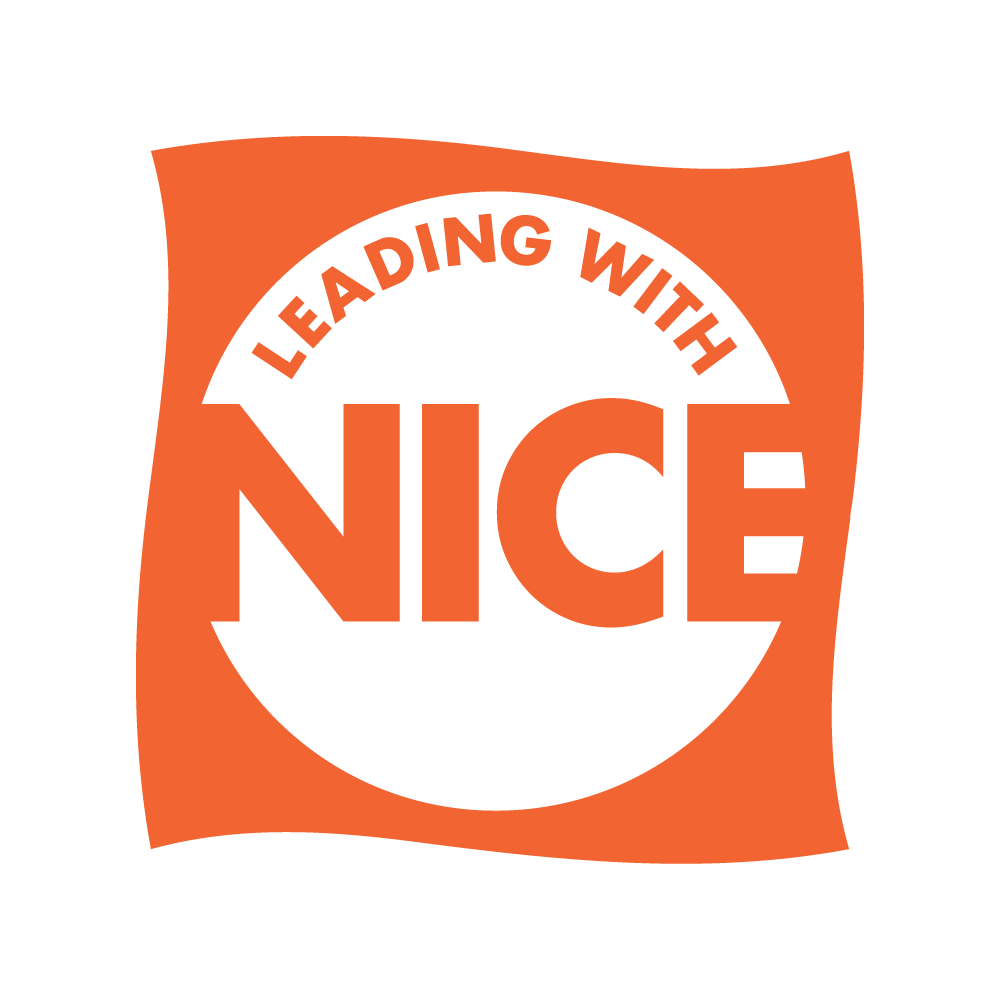November is National Gratitude Month. This is Part 2 of our four-part series on the importance and power of gratitude — a small word with big meaning. Part 1 | Part 3 | Part 4
A study of highly valued traits found that “grateful” was in the top four per cent of “likeable” qualities for someone to posses. Conversely, “ungrateful” was in the bottom 1.7 per cent of negative traits.
So why isn’t gratitude found in abundance in the workplace?
Research by Havard Business School professor Amy Edmondson and James Detert of Penn State found fear in the modern workplace is more prevalent than previously thought. Employees are afraid to speak up, offer suggestions and constructive criticism while another study shows managers are afraid to actively show gratitude because it will lead to inflated egos, requests for raises and the belief that employees are thanked every time they get their paycheque.
While those assumptions are patently untrue — and we’ll get to that in a bit — we also live in a world where being on the receiving end of gratitude can be awkward or even displeasing. You don’t want to be singled out, you shy away from attention or even less altruistic you expect a monetary or gift reward for doing good at work. How did we learn to be this way? In some of the most horrible lyrics (on several fronts) ever, U2’s Bono sings “Well, tonight thank God it’s them instead of you,” in the 1984 track “Do They Know It’s Christmas.” It epitomizes the type of gratitude so common in the workplace. The kind that says, “I’m glad I’m not that guy,” or “It could be worse, you could be working for her.”
A healthy workplace stewarded by a great leader will not only thank people for going above and beyond but also for the responsibilities they’re expected to complete. They’ll foster a workplace of open communication and one where gratitude is both given and well received. The desire to be thanked in the workplace isn’t just the stuff of warm and fuzzies, either.
Being shown gratitude by your boss strengthens the bottom line in a real dollars and cents way. A 2014 study by Monster.co.uk found that 58% of employees feel they don’t get thanked enough in the workplace which lead to feelings of under-appreciation and 41% of them feeling demotivated. It’s no secret demotivated employees aren’t as productive has happy ones but how do you measure that on the balance sheet?
Easily. Those employees who felt they hadn’t been thanked enough at work, wanted on average and extra $3,000 a year in salary for working in an environment where they aren’t thanked for their work. But those same employees said even a verbal thank you would negate the desire for a higher income. There probably isn’t a simpler way to boost your employee’s morale and lessen their desire for monetary compensation than by simply showing gratitude for doing their job.
But should you be afraid, as mentioned earlier, saying thank you too much will lead to inflated egos? No, but what it will lead to is your employees feeling more motivated and even inspired. What greater compliment could you receive from a direct report that you inspire them on a daily basis. We’re in a different stratosphere now, inspiring others isn’t just about leading with nice, it’s about leaving a legacy.
Think of what your showing of gratitude could potentially lead those you lead to achieve because in addition to making them feel valued and appreciated, you’re also inspiring them. That is powerful.
It might be natural to conclude showing gratitude to employees only matters for lower and middle-income earners. They aren’t brining home big dollars and since being thanked in the workplace is proven to be the equivalent as monetary compensation it makes sense to dismiss it as being rudimentary for high-income earners. But it can be argued the impact of being shown gratitude on this group is even more compelling. A poll conducted by the John Templeton Foundation found for those earning $150,000 or more per year, being shown gratitude in the workplace is just as evocative as “your right to vote.”
In plain language, for this group, being thanked in their workplace feels just as important as a fundamental building block of democracy. Sometimes it’s easier to appreciate something by going opposite so consider this: how would you feel if you woke up tomorrow and it was announced by the government you would no longer have the right to vote for the leaders of your country. How angry would you feel? What sense of injustice would be conjured up in your gut? That is how important being thanked in the workplace is for high-income earners.
